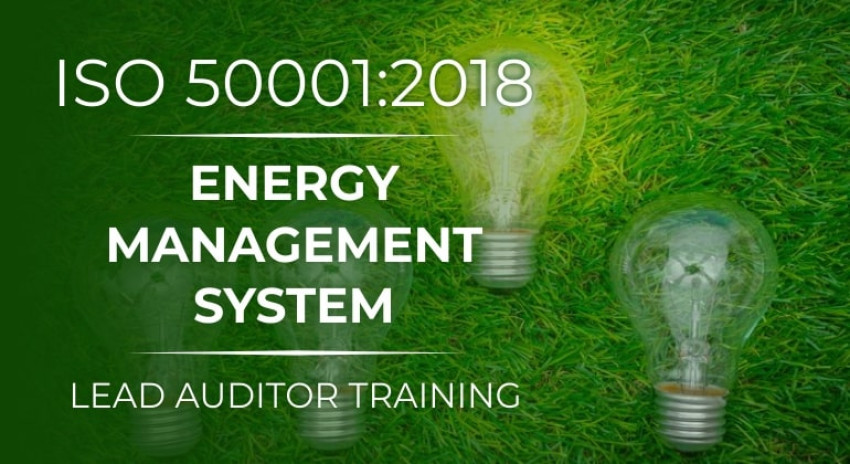
In the pursuit of sustainable enterprise practices and decreased environmental impact, organizations internationally turn to ISO 50001, a globally recognized standard for energy management systems. This article explores the crucial requirements outlined in the ISO 50001 checklist, emphasizing the importance of adhering to these standards for effective energy management. Key terms which include ISO 50001 lead auditor training, ISO 50001 lead auditor certification, and ISO 50001 requirements will be elucidated to provide a comprehensive understanding.
Understanding ISO 50001:
ISO 50001 serves as a guiding framework for organizations aiming to establish, implement, maintain, and improve their energy management systems (EnMS). At its core, the standard seeks to enhance energy efficiency, reduce consumption, and mitigate environmental impact. Professionals who venture into ISO 50001 lead auditor training gain insights into interpreting and implementing these requirements effectively.
ISO 50001 Requirements:
• Energy Policy Development:
Organizations are required to develop a clean and comprehensive energy policy aligned with their strategic objectives. This policy serves as a foundational document, outlining the commitment to energy performance improvement and sustainability.
• Energy Planning:
Conducting an energy review is a critical step in identifying significant energy uses within the organization. Establishing energy performance objectives and targets based on this review sets the stage for effective energy planning.
• Implementation and Operation:
ISO 50001 emphasizes the importance of establishing documented procedures and processes for the effective implementation of the EnMS. This includes training programs, communication strategies, and proper documentation to ensure smooth operation.
• Monitoring and Measurement:
A systematic approach to monitor, measure, and analyze energy performance is a key requirement. This enables organizations to track progress, identify areas for improvement, and ensure a continuous cycle of enhancement.
• Evaluation of Compliance:
Regular assessments are vital to ensure compliance with relevant legal requirements and other energy-related obligations. This step is crucial for maintaining the integrity of the energy management system.
• Management Review:
Periodic management reviews are essential to evaluate the suitability, adequacy, and effectiveness of the EnMS. comprehensive examination of the organization's energy performance and the identification of opportunities for improvement.
Significance of ISO 50001 Lead Auditor Training:
Experts pursuing ISO 50001 lead auditor training play a pivotal role in ensuring organizations adhere to these requirements. The training equips individuals with the knowledge and skills needed to conduct comprehensive audits, interpret ISO 50001 clauses, and guide organizations toward compliance. ISO 50001 lead auditor certification further validates their further, instilling confidence in their ability to navigate the complexities of energy management systems.
ISO 50001, with its complete requirements, encourages a holistic approach to energy management. From the development of a strong energy policy to the regular evaluation of compliance and continuous improvement through management reviews, each element contributes to a culture of efficiency and sustainability.
Conclusion:
Adhering to the ISO 50001 checklist is critical for organizations committed to sustainable and efficient energy management. By understanding and implementing these requirements, businesses can not only reduce energy costs but also contribute to global sustainability goals. ISO 50001 lead auditor training emerges as a strategic investment, empowering professionals to guide organizations towards effective energy management and certification, ultimately fostering a culture of responsible resource usage and environmental stewardship.


